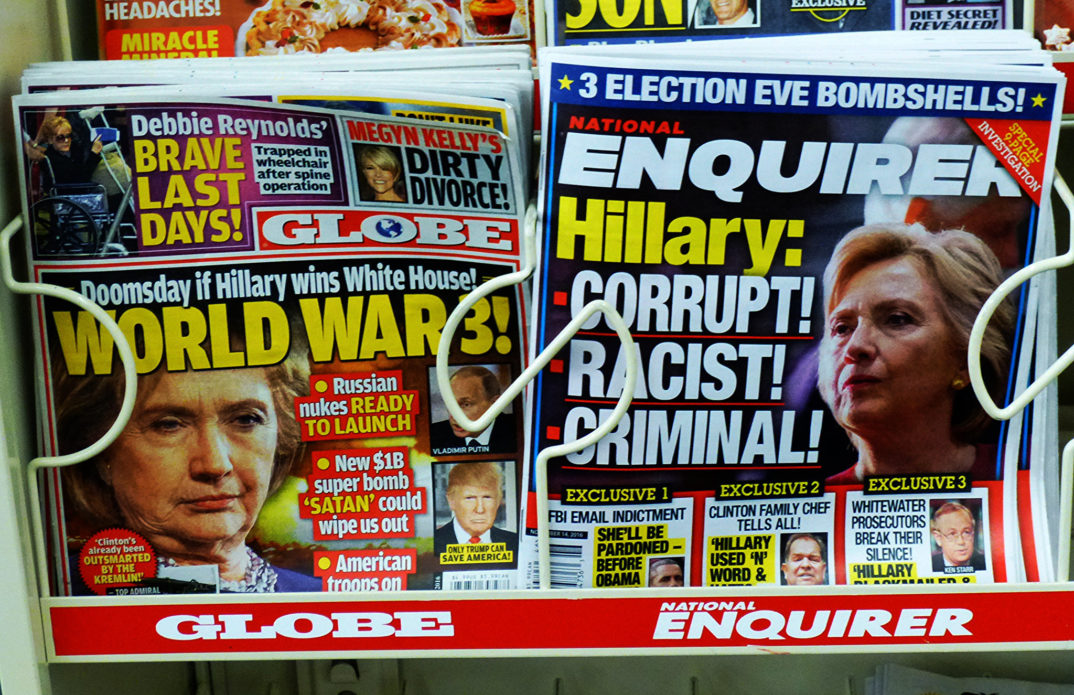Content Warning: this story contains discussions of sexual, institutional, and religious abuse.
On May 22nd, external investigators released an extensive report detailing patterns of corruption and abuse from the leadership of the Southern Baptist Convention (SBC), the largest denomination of Protestant Christianity in the United States. According to the report, Southern Baptist leaders spent decades silencing victims of sexual abuse while ignoring and covering up accusations against hundreds of Southern Baptist ministers, many of whom were allowed to continue in their roles as pastors and preachers at churches around the country. In general, the Executive Committee of the SBC prioritized shielding itself and the denomination from legal liability, rather than care for the scores of people abused at the hands of SBC clergy. But, after years of public condemnations of the Committee’s behavior, church representatives overwhelmingly voted in June to investigate the Executive Committee itself.
To anyone who has not been listening to years worth of testimony from SBC abuse victims, there is much in the SBC report to shock and appall.
But in this article, I want to consider one important reason why so many (beyond just the members of the SBC Executive Committee) ignored that mountain of testimony, even despite prominent awareness campaigns about sexual abuse in religious spaces after the USA gymnastics abuse trial and the #MeToo movement (like #ChurchToo): in short, in addition to the abuse itself, many of the people who chose to come forward and speak about their experiences suffered the additional injustice of what philosophers of language call illocutionary silencing.
In brief, philosophers (in the “speech act theory” tradition) often identify three distinct elements of a given utterance: the literal words spoken (locution), the function of those words as a communicative act (illocution), and the effects that those words have after they are spoken (perlocution). So, to use the cliché example, if I shout “FIRE!” in a crowded theater, we can distinguish between the following components of my speech:
-
- Locution: A word referring to the process of (often dangerous) fuel combustion that produces light and heat.
- Illocution: A warning that the audience of the utterance could be in danger from an uncontrolled fire.
- Perlocution: People exit the theater to escape the fire.
In general, interpreting a speech act involves understanding each of these distinct parts of an utterance.
But this means that silencing someone — or “preventing a person from speaking” — can happen in three different ways. Silencing someone overtly, perhaps by forcibly covering their mouth or shouting them down so as to fully prevent them from uttering words, is an example of locutionary silencing, given that it fully stops a speaker from voicing words at all. On the other side, perlocutionary silencing happens when someone is allowed to speak, but other factors beyond the speaker’s control convene to prevent the expected consequences of that speech from occurring: consider, for example, how you can argue in defense of a position without convincing your audience or how you might invite friends to a party which they do not attend.
Illocutionary silencing, then, lies in between these cases and occurs when a speaker successfully utters words, but those words (because of other factors beyond the speaker’s control) fail to perform the function that the speaker intended: as a common phrase from speech act theory puts it,
illocutionary silencing prevents people from doing things with their words.
Consider a case where a severe storm has damaged local roadways and Susie is trying to warn Calvin about a bridge being closed ahead; even if Susie is unhindered in speaking, if Calvin believes that she isn’t being serious (and interprets her utterance as a joke rather than a warning) then Susie will not have warned Calvin, despite her best attempts to do so.
So, consider the pattern of behavior from the SBC towards the hundreds of people who came forward to report their experiences of assault, grooming, and other forms of abuse: according to the recent investigation, decades of attempted reports were met with “resistance, stonewalling, and even outright hostility” from SBC leadership who, in many cases, chose to slander the victims themselves as “‘opportunistic,’ having a ‘hidden agenda of lawsuits,’ wanting to ‘burn things to the ground,’ and acting as a ‘professional victim.’” Sometimes, the insults towards victims were cast as spiritualized warnings, such as when August Boto (a longtime influential member of the SBC’s legal team) labeled abuse reports as “a satanic scheme to completely distract us from evangelism. It is not the gospel. It is not even a part of the gospel. It is a misdirection play…This is the devil being temporarily successful.” To warp the illocutionary force of an abuse report into a demonic temptation is an unusually offensive form of illocutionary silencing that heaps additional coals onto the heads of people already suffering grave injustices.
And, importantly, this kind of silencing shapes discursive environments beyond just the email inboxes of the SBC Executive Committee: a 2018 report from the Public Religion Research Institute found, for example, that only one group of Americans considered “false accusations made about sexual harrassment or assault” to be a bigger social problem than the actual experience of sexual assault itself — White Evangelical Baptists.
In the New Testament, Jesus warns about the dangers of hypocrisy, saying “Nothing is covered up that will not be uncovered and nothing secret that will not become known. Therefore whatever you have said in the dark will be heard in the light, and what you have whispered behind closed doors will be proclaimed from the housetops” (Luke 12:2-3, NRSVUE). It may well be that, finally, the proclamations by and about the victims of and within the Southern Baptist Convention can be silenced no longer.



